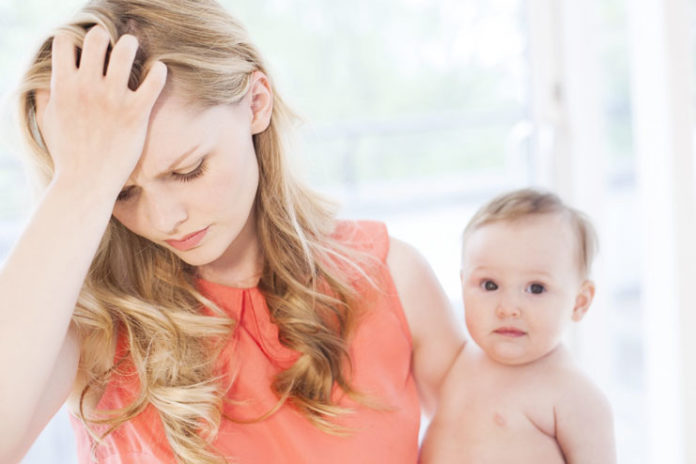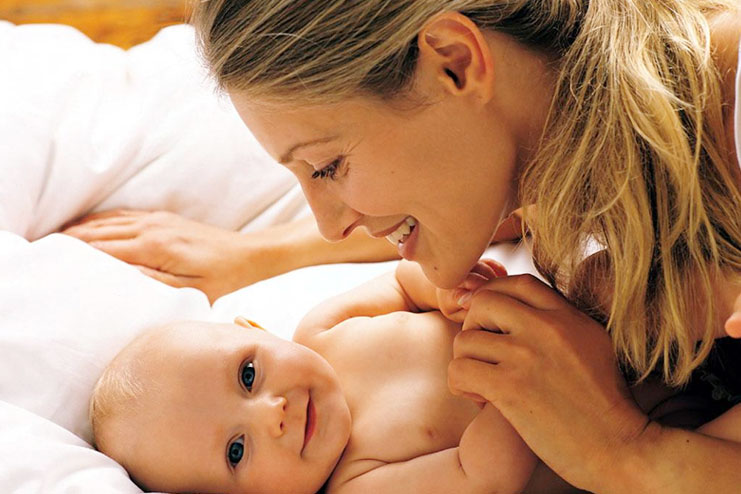Postpartum Depression is a reality and almost 60% of new moms undergo serious impacts of Postpartum Depression. Here are some unconventional ways of how to treat Post partum Depression in new moms. Though both parents may suffer from this problem but, mothers are worst affected. It is a clinical as well as a psychological phenomenon which requires timely attention and care. And as I write here, I have to confess, I suffered from the same.
Having a baby is the most rewarding as well as the most frustrating experience for a mother. Motherhood is a unique time in your life when you are on the threshold. You just pushed your baby out of your body after carrying her for around 40 weeks. Being unaware of the responsibilities, holding your baby for the first time is an invincible experience. An experience beyond what words can ever comprehend.
And comes the time when you leave the hospital and the support staff. This is when you start your actual parenting journey. Restless days and sleepless nights rewarded with a drowsy smile. Soiled diapers to add to the milky refluxes all day. And still that one smirk, despite being in her dreams, makes you fall in love over and over again. Then comes the feeling of inadequacy as a mother in conjecture. This is when the Postpartum Depression conspires and transpires.
Symptoms of PPD (Postpartum Depression)
- Feeling low and exhausted
- Loss of appetite
- Severe anxiety and panic attacks
- Difficulty bonding with baby
- Feeling guilty and inadequate
- Excessive mood swings
- Extremely overwhelmed
- Socially awkward and withdrawn
- Sleeplessness
- Restlessness
- Guilt and low self esteem
Causes of PPD:
The causes remain undiagnosed but a result of hormonal and genetic factors. PPD are more prevalent among first time mothers and in their higher ages. This may be related to the fact that a perfect balanced personal and professional life existed before the arrival of the child. And there is a void in the mother’s professional or personal schedule due to profound lifestyle changes. For single mothers the postpartum period is even more stimulating and may reach grave state quickly.
It is a traumatic condition and if untreated, may lead to severe postpartum psychosis.
-
Treatment of PPD in a mothers opinion
As a mother having faced postpartum blues and a vague period of PPD , I have formulated few PPD management tips which are helpful if carefully followed:
1- “ME TIME” or time out for mothers
 Being a mother doesn’t necessarily mean being with the child 24 by 7. The few moments away would revitalize and perk up your sanity. This time you will just sit away from the kid and family to relax and unwind. This will not only reinforce your parental instincts, but also weaken the effects of post natal blues.
Being a mother doesn’t necessarily mean being with the child 24 by 7. The few moments away would revitalize and perk up your sanity. This time you will just sit away from the kid and family to relax and unwind. This will not only reinforce your parental instincts, but also weaken the effects of post natal blues.
2- Walk from day 1
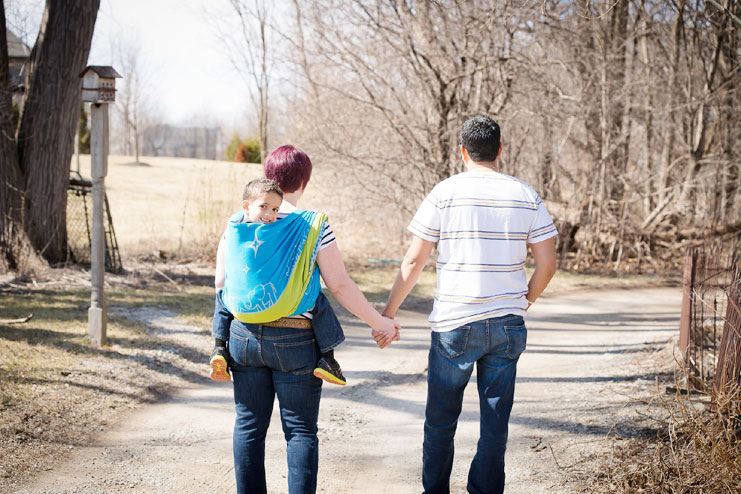 Keep up your fitness regime from soon after delivery. A few minutes walk will strengthen you and help enrich circulation in the body. Refrain from strenuous exercises and heavy weights.
Keep up your fitness regime from soon after delivery. A few minutes walk will strengthen you and help enrich circulation in the body. Refrain from strenuous exercises and heavy weights.
3- Eat healthy greens and consume lots of fluids
 Do not follow the old school confinement regulations. The more you consume fresh fruits and vegetables, the quicker your system comes back to routine. Problems of hemorrhoids and constipation are prevalent post delivery. These add upto the already existing imbalance in life. With the aforesaid diet these would be resolved without medication.
Do not follow the old school confinement regulations. The more you consume fresh fruits and vegetables, the quicker your system comes back to routine. Problems of hemorrhoids and constipation are prevalent post delivery. These add upto the already existing imbalance in life. With the aforesaid diet these would be resolved without medication.
4- Take alternate chances with your partner or caregiver to attend to the child’s nursing and diapering needs.
5- Talk to your friends or relatives you bond well with
 This is the most crucial of all the tips. As you can share your feelings and thoughts and know their opinions and experiences. This helps in coming out from the feeling of guilt and inadequacy.
This is the most crucial of all the tips. As you can share your feelings and thoughts and know their opinions and experiences. This helps in coming out from the feeling of guilt and inadequacy.
6- Take couple time-outs
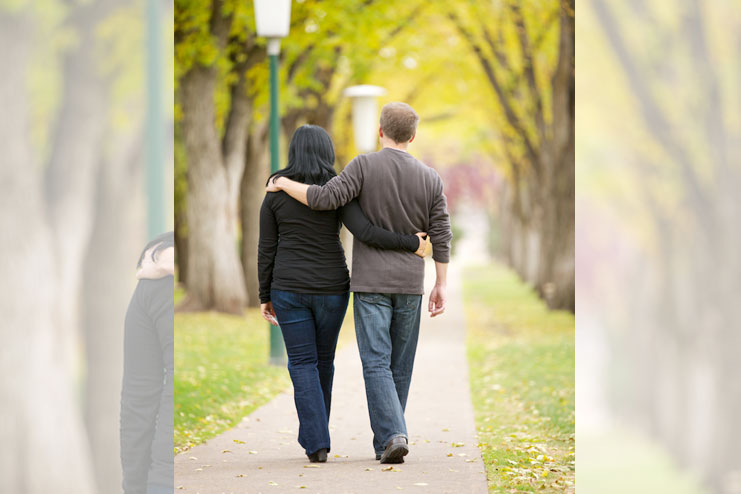 You need to sneak those precious moments with your partner. He is the only one who can comprehend the situation well.
You need to sneak those precious moments with your partner. He is the only one who can comprehend the situation well.
7- Baby wearing
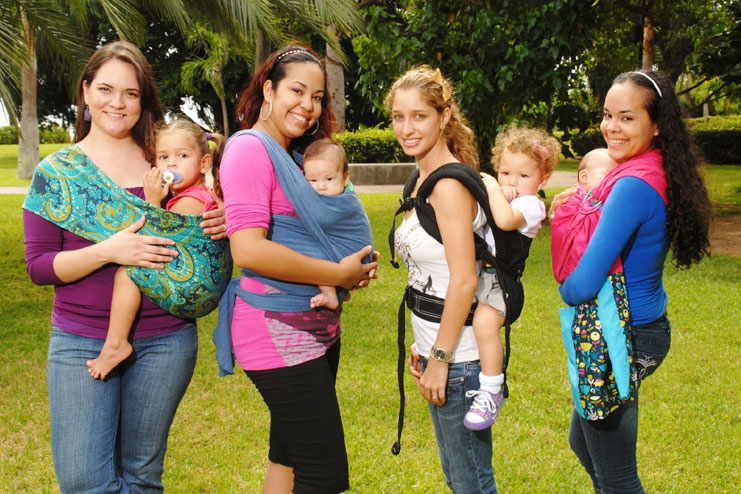 Put your baby sling for those power naps. It is necessary to develop mom and baby bond quickly. The quicker it sets up the easier it is to accept the transformation. Baby wearing is the healthiest way to show bodily warmth and associate with your child.
Put your baby sling for those power naps. It is necessary to develop mom and baby bond quickly. The quicker it sets up the easier it is to accept the transformation. Baby wearing is the healthiest way to show bodily warmth and associate with your child.
8- Use pacifier or a car seat to sooth your child. Cranky and squeaky episodes of inconsolable crying add to the discomfort of a new mom. So it is important to pacify the child and make her happy. Even white noise at night is a great blessing for getting the much needed sleep.
9- Listen to music that stimulates the baby and also rejuvenates the surrounding. The positive the surrounding, happier is the baby and stress free is the mother.
What worked best for me was a sincere effort on the part of my husband. And a combination of ME-TIME and walk regime. Even now (my angel is 4.5 years already) I have a 30-45 minute of me time based walk, where I just sit alone and introspect, without a mobile on me. And my darling daughter bonds with her dad at home, meanwhile. Postpartum Depression is a situation and not a condition. It needs efforts both by the mother and by the people around. If detected early, the above points can help overcome PPD. But for more severe episodes of panic and anxiety, see your OB-GYN asap.
Minu Manisha


























